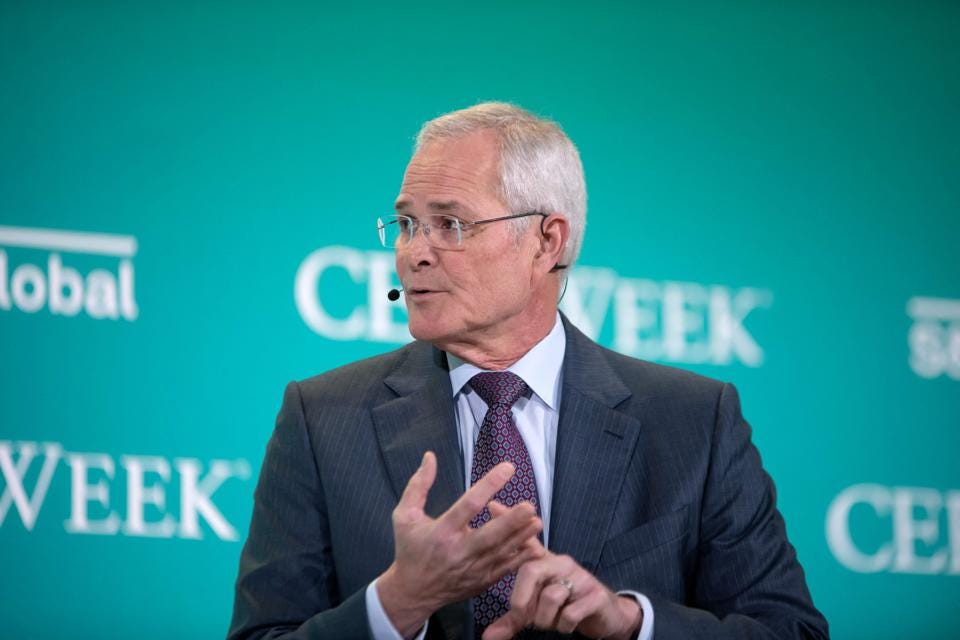[Note: This story was also published at Forbes.com]
In a pair of recent stories, publicly-held oil majors ExxonMobil and Shell exploded a pair of the most popular myths that have become a part of the overarching narrative of the “energy transition,” which is fast turning out to be more of an “energy diversification” or “energy addition” than any sort of transition.
ExxonMobil Disputes Stranded Asset Theory
In a May 17 filing with the Securities and Exchange Commission in response to the 2023 Glass Lewis Proxy Report Feedback Statement, ExxonMobil takes on the myth that the world is currently on course to meet the much-publicized “net zero by 2050” target, and as a result, Exxon and other oil companies are at significant risk of incurring significant “asset retirement obligations (SROs),” or what is commonly referred to as "stranded assets.”
I have written several times in the past that this stranded assets narrative is an overblown concern that few executives in the industry itself take seriously, for good reason. The simple fact is that the global community is not remotely on a pace to achieve the net-zero by 2050 goal, and even if it were, a robust level of global demand for the products supplied by oil and natural gas companies would continue to exist, perhaps at even higher levels than today.
This is essentially the theme of ExxonMobil’s response to the Glass Lewis Report, with the company pointing out that even the energy transition boosters at the International Energy Agency (IEA) admit the world is not on a pace to meet the 2050 target. Here is the key part of the company’s response:
“In their analysis, Glass Lewis states that AROs could represent a material financial risk to the company. We are unable to understand how they have arrived at this conclusion. In accordance with GAAP, we do not incorporate into our financial statements those types of risks that are as remote as the IEA NZE path. Glass Lewis apparently believes the likelihood of the IEA NZE scenario is well beyond what the IEA itself contends: that the world is not on the NZE path and that this is a very aggressive scenario.” The company goes onto state its belief that “it is highly unlikely that society would accept the degradation in global standard of living required to permanently achieve a scenario like the IEA NZE.”
The ExxonMobil reply here reflects precisely the answers I get back from the variety of industry executives I converse with during the course of my daily activities. The narrative surrounding stranded assets is not a driver of investment or strategic decision-making inside the industry, though it has been used as a tactical talking point by activists seeking to discourage investment in oil and gas-related industries and projects.
Keep reading with a 7-day free trial
Subscribe to Energy Transition Absurdities to keep reading this post and get 7 days of free access to the full post archives.




